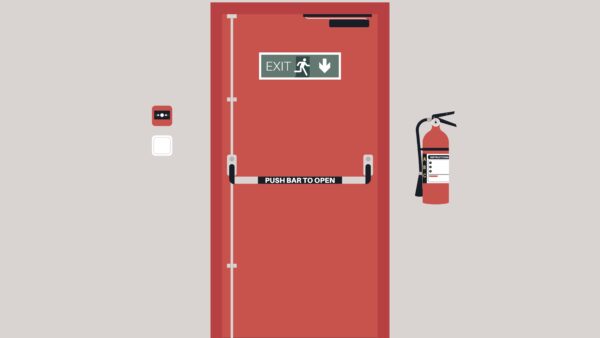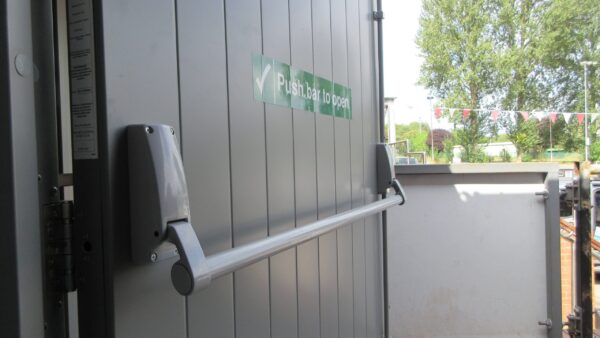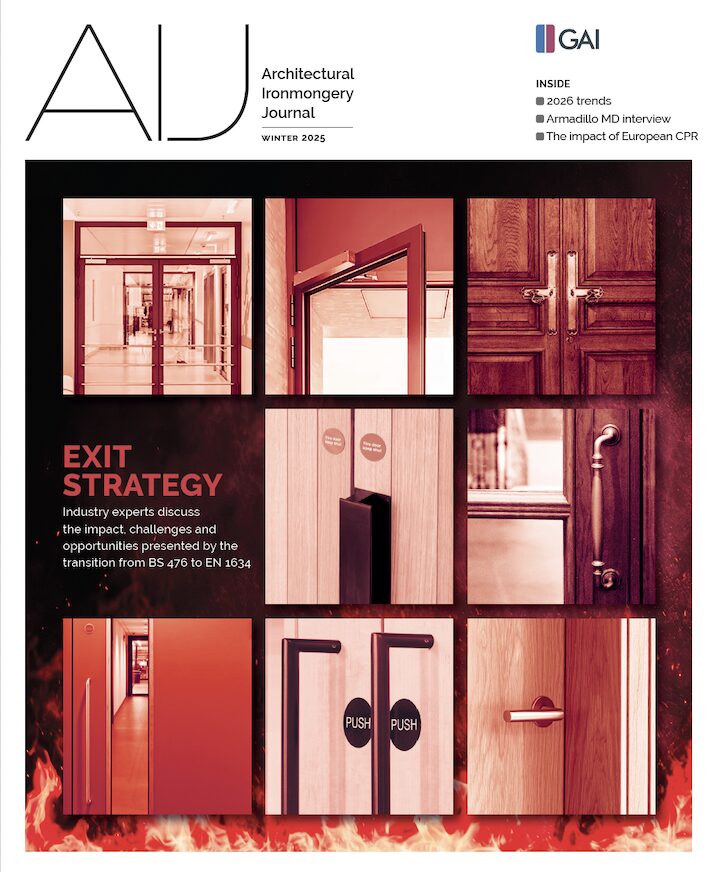
Times are tough and mitigating damage to the bottom lines is on everyone’s mind. But there are other ways to survive – and even thrive – in a downturn. Brexit, inflation, rising interest rates, post-Covid recovery, the war in Ukraine, and crumbling market confidence in UK fiscal policy all continue to weigh down on the UK economy.
For the design and construction industry this is resulting in multiple headwinds: supply chain issues, planning delays, steep inflation in costs, talent shortages and skills gaps. Architects reported in RIBA’s Future Trends Survey at the end of last year being more pessimistic about future workloads than at any time since the financial crisis of 2009 – outside lockdown. So with a likely contraction in workloads this year comes a need to ensure you can shore up your career and business against recession.
1. Mindset
Amid the uncertainty, are also opportunities. Doom is not inevitable. Riding out
the storm is about building resilience and that is not only about the need to recover from setbacks and to change, but also how to thrive in altered circumstances. How can you use this time to assess areas to grow into and improve – as a business and as an individual.
2. Identify new markets
Diversifying your offer guards against downturns but it’s more than a financial tactic. As innovative professions, architects and specifiers provide important design services for a changing society. A society, for instance, that is going to be increasingly less dependent on fossil fuels. The built environment is on the road to net zero and is looking for solutions, to invest in sustainable, low carbon buildings, both new and existing. What can you do to be part of that solution? What expertise, skills and innovative technologies can you offer to meet the future needs of the built environment and to build social and environmental sustainability? This demand will only increase so finding a niche or diversifying your offer is also playing the long game.
“Riding out the storm is about building resilience and that is not only about the need to recover from setbacks and to change, but also how to thrive in altered circumstances”
3. Prove your worth
In a post-Grenfell world demonstrating professional competence is now vital. But proving your competence is not only an industry demand but also career insurance – make yourself as valuable as possible.
Be indispensable at work. Be someone who can be relied upon, approachable, and is taking additional measures to ensure the ship sails. Maybe this can be a chance to prove your worth and be useful in levelling up to that next job or salary hike.
Do an audit of your skills. How can you upskill? What training can you take to build your knowledge? Where are you getting the most CPD value? What is your plan for building competence? Could your next step be to study for a DipGAI or better yet, RegAI?
If you’re experienced in your sector could you promote yourself and, by default, your company as an expert: delivering comment to press, hitting the events circuit as a speaker or delivering CPDs (see 12). This kind of PR brings in business as well as boosting careers.
4. Take advantage of uncertainty
Struggling suppliers will be eager for orders and especially for long-term contracts that will guarantee the survival of their businesses. If you have enough confidence in the sustainability of your own business to commit, you may be able to lock in low prices that will look even better during the next boom.
5. Play to your strengths
What sets your company apart from your competition? Is it the quality of work, your ability to deliver projects on time and within budget, or your expertise in a niche market? Are there certain types of projects or service areas that are more profitable for your company than others? Identify what you offer better than anyone else and communicate that to your clients.
6. Find new ways to serve your most loyal customers
With tough times ahead, it’s reasonable to think about new revenue from new customers but one of the very best things a business can do to build resilience and continue growing is to heighten its focus on its relationship with its existing customers and community.
How can you bring more to your offer for them? Is your technical knowledge second-to-none? Are you – or is there in your team – a RegAI? Promote that professionalism to clients. Clients want problems solved so what can you do to deliver solutions?
7. Sector crunch
Some sectors will be recession proof, so consider shifting your focus to those areas. Healthcare and education projects for example where early involvement will pay off and specialist knowledge is needed around standards and regulations, safety, performance and access control.








